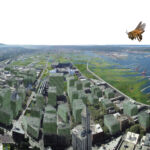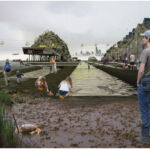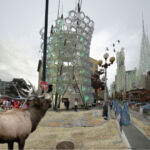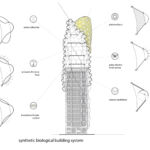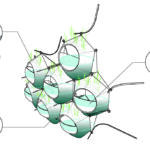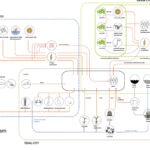gu: Ecological Urbanism by zeroplus
Project's Summary
The project 'gu' represents a groundbreaking approach to urban design, spearheaded by zeroplus, that integrates ecological principles into the fabric of urbanism. This initiative seeks to establish a harmonious relationship between built environments and natural ecosystems, leveraging the power of natural intelligence as a strategic tool for sustainable growth.
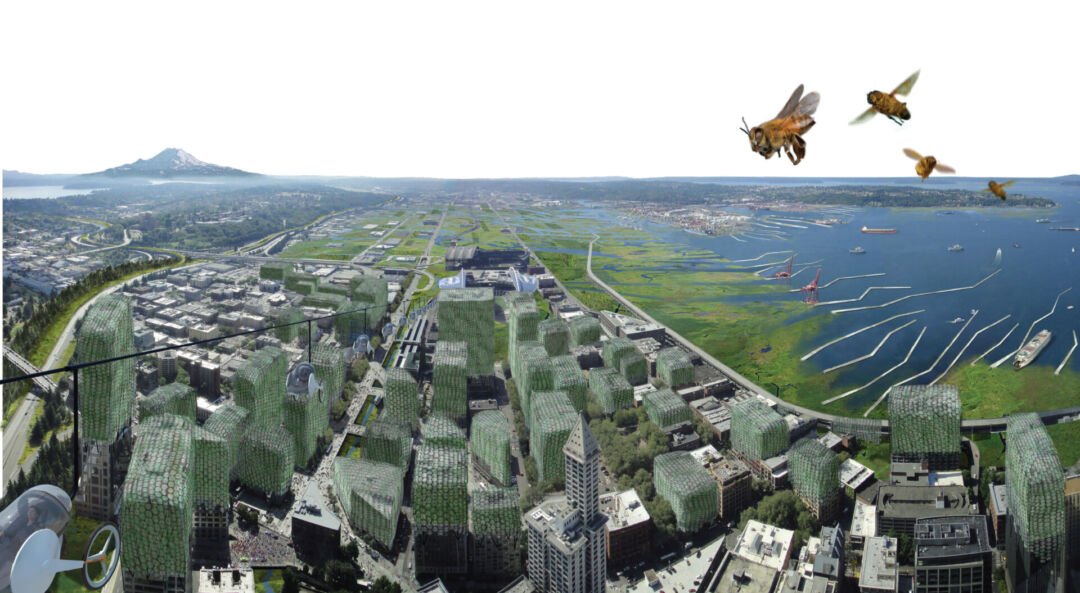
At the heart of 'gu' lies the concept of biological re-emergence, which emphasizes the importance of adhering to nature’s rules. This approach acknowledges the dynamic changes in our environment, such as rising tides and new stream erosion, and aims to incorporate these elements into urban design. By allowing nature to reclaim its space and integrating features like perforated hardscapes that facilitate groundwater infiltration, 'gu' strives to create resilient urban landscapes that thrive alongside natural processes.
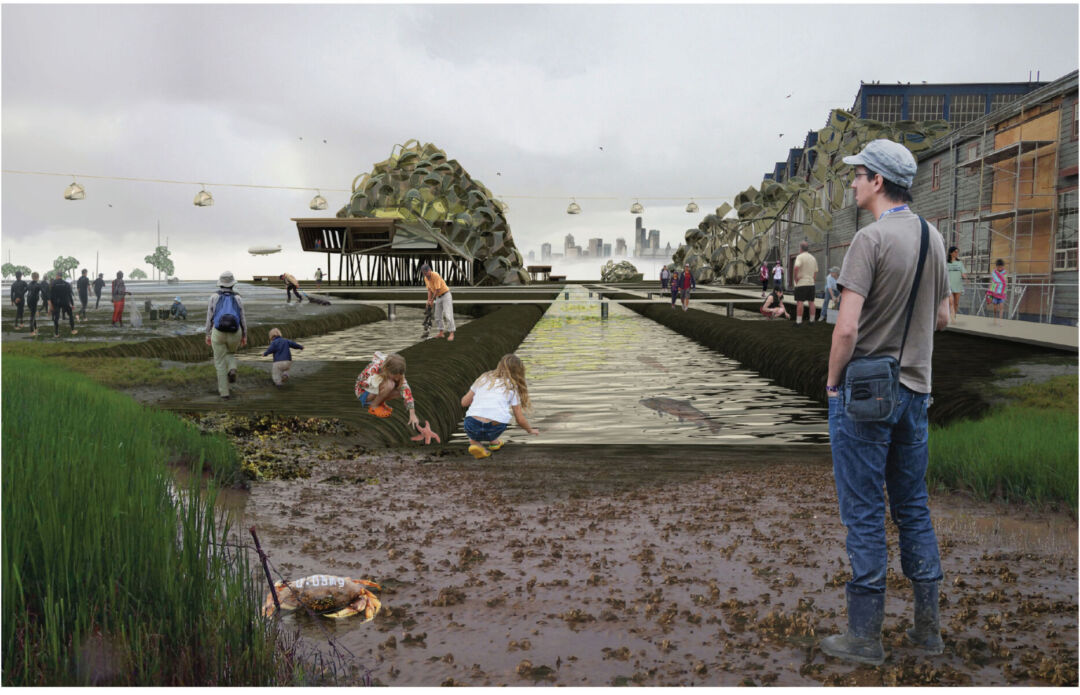
The second pillar of the project is synthetic biology, a revolutionary field that empowers designers and architects to create biological materials. This capability significantly enhances our ability to merge architectural developments with the surrounding ecology. By utilizing synthetic biology, 'gu' fosters a deeper connection between urban structures and the natural world, ensuring that cities can adapt and evolve in harmony with their environments.
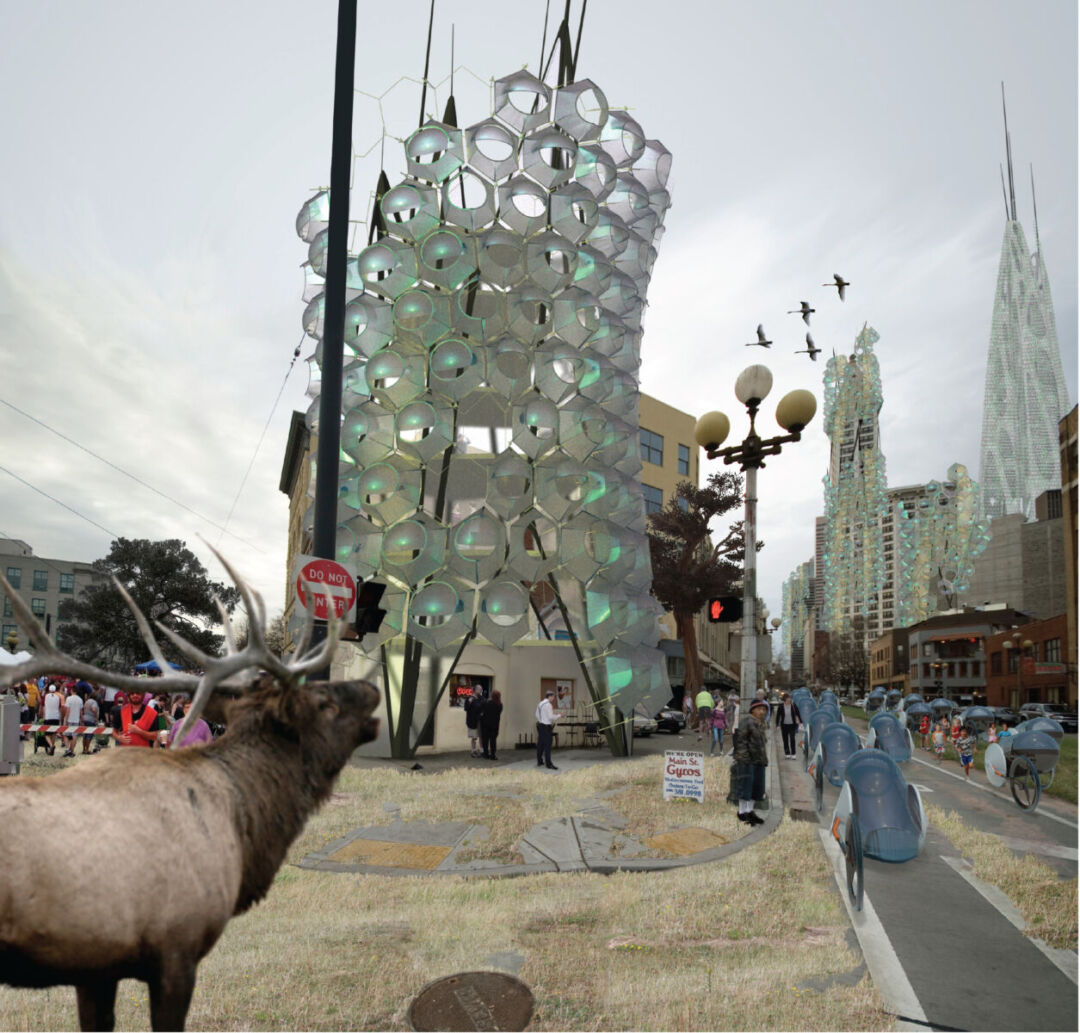
Exponential data serves as the third component of this visionary project, enabling enhanced predictive capabilities and informed decision-making. This data-driven approach facilitates the sharing and utilization of collective intelligence, transforming how we engage with urban challenges. By harnessing the power of data, 'gu' aims to expand the possibilities for urban sustainability, encouraging innovative solutions that address the pressing issues of our time.
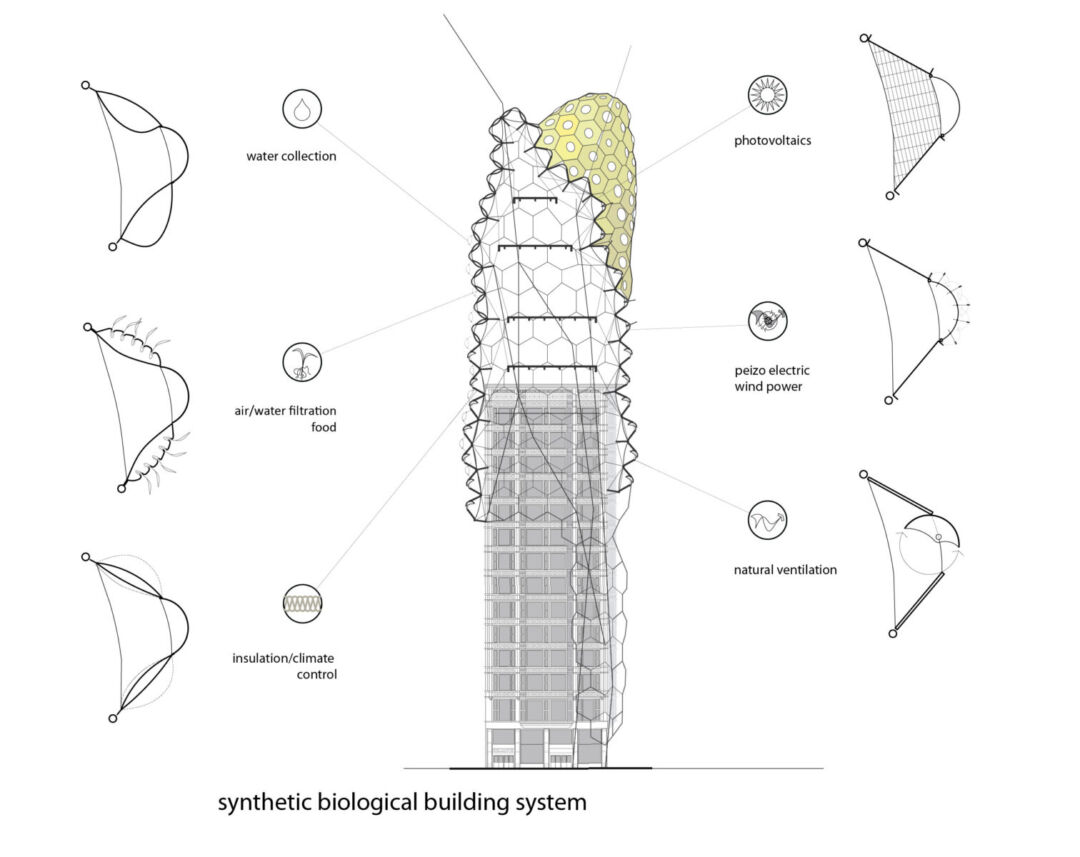
In conclusion, 'gu' by zeroplus is not just a project; it is a manifesto for the future of urban living. By intertwining ecological concepts with modern technology and design, 'gu' aspires to create urban environments that are not only functional but also restorative. Through its focus on biological re-emergence, synthetic biology, and exponential data, this initiative presents a transformative vision for cities, paving the way for a more sustainable and resilient urban future.
Read also about the Penthouse: Luxury Meets Modern Design by XYZ Designers project
